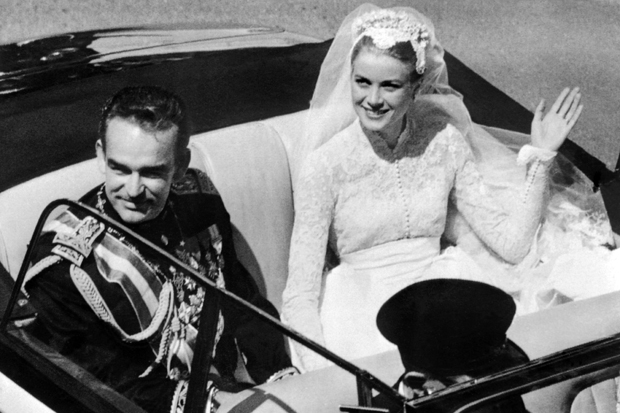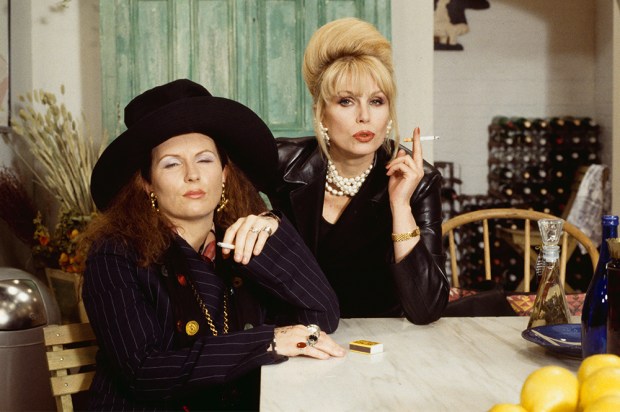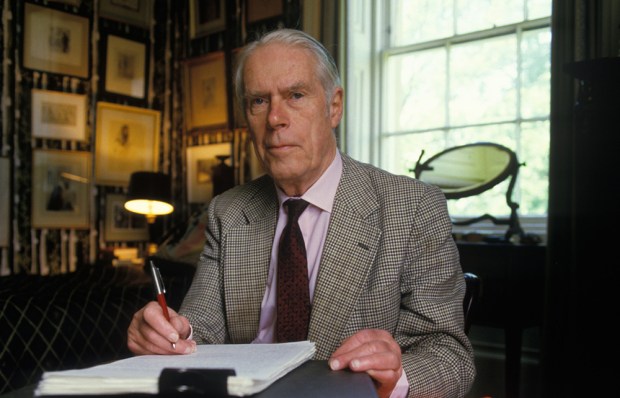As I get older (and my 74th birthday is now close), I get deeper and deeper into nostalgia. I do not fight this, because nostalgia seems to me to be rational as well as agreeable. Things really aren’t what they once were. ‘But people have always said that,’ is often the response.
Already a subscriber? Log in
Subscribe for just $2 a week
Try a month of The Spectator Australia absolutely free and without commitment. Not only that but – if you choose to continue – you’ll pay just $2 a week for your first year.
- Unlimited access to spectator.com.au and app
- The weekly edition on the Spectator Australia app
- Spectator podcasts and newsletters
- Full access to spectator.co.uk
Or
Unlock this article
N.M. Gwynne is the author of Gwynne’s Grammar and Gwynne’s Latin.
You might disagree with half of it, but you’ll enjoy reading all of it. Try your first month for free, then just $2 a week for the remainder of your first year.














Comments
Don't miss out
Join the conversation with other Spectator Australia readers. Subscribe to leave a comment.
SUBSCRIBEAlready a subscriber? Log in